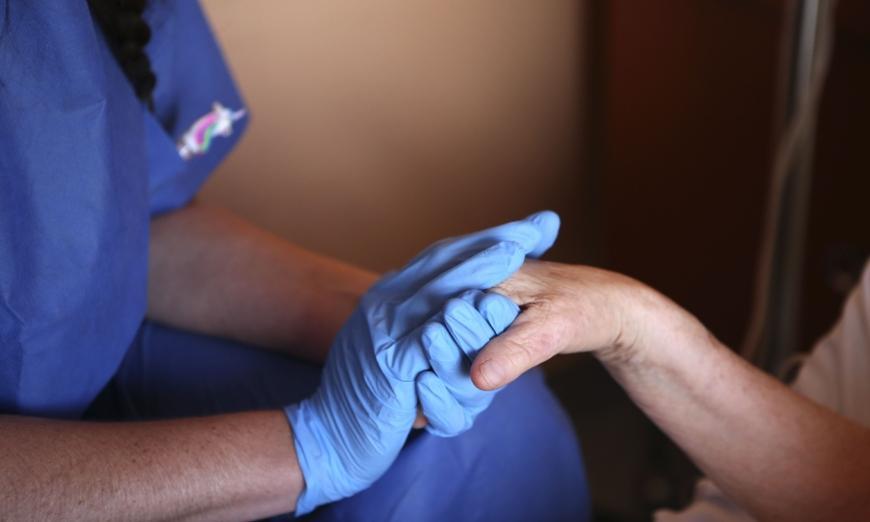Canada has released its first nationally accredited training program in medical assistance in dying (MAiD) aimed at licensed physicians and nurse practitioners. This follows concerns about the rising prevalence of MAiD in certain regions and its recommendation for “mature minors.”
The curriculum was developed by the Canadian Association of MAiD Assessors and Providers (CAMAP), Health Canada said in a Sept. 13 press release.





